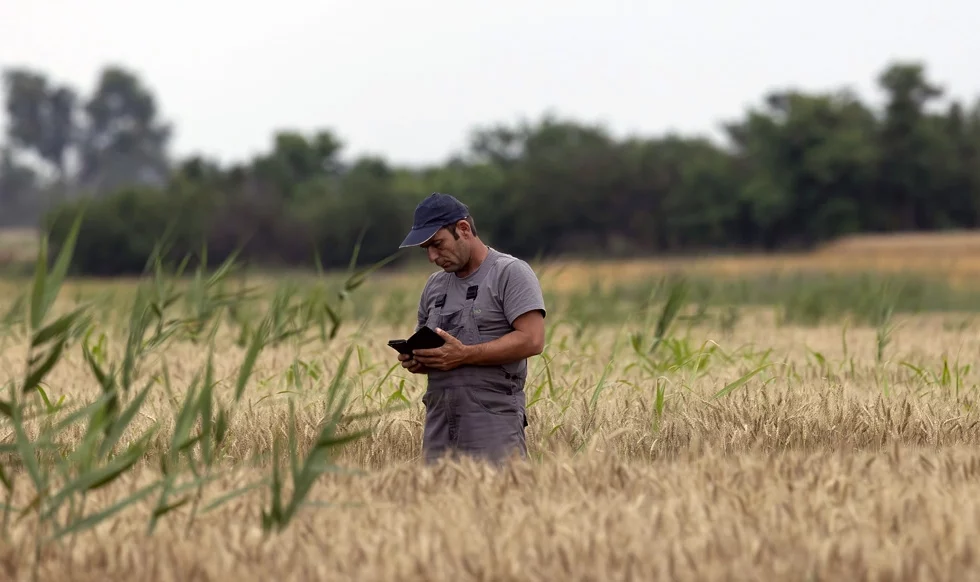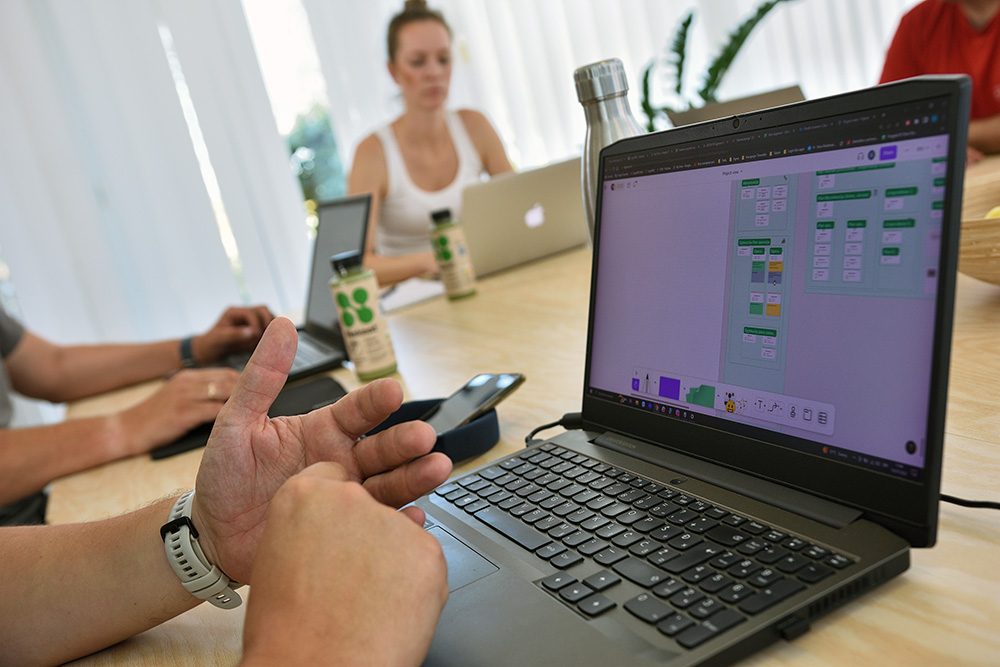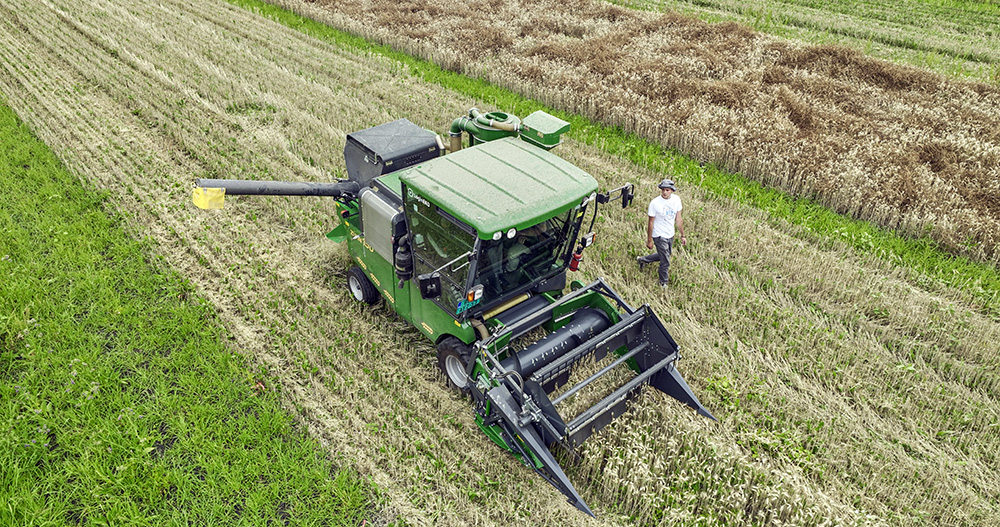How We Tackle Weeds in Organic Chickpeas
June 23, 2025We’re back in the field with our chickpea cultivation series! See how we tackle weeds after emergence using inter-row cultivation.
Read articleOur approach is grounded in two key principles that form the foundation of our research methodology: bibliometric research and statistically designed trials.

Recognizing the importance of research methods is crucial for the progress of sustainable agriculture. They play a key role in guiding the industry towards more environmentally friendly and efficient practices.
At LoginEKO, we are committed to leading the way in sustainable farming research. Our approach is grounded in two key principles that form the foundation of our research methodology: bibliometric research and statistically designed trials.
Bibliometrics is a powerful research tool that allows us to delve deep into the vast world of agricultural research. By analyzing large datasets of scientific publications, we can uncover the trends, gaps, and opportunities in the field of sustainable farming. This method provides valuable insights into overlapping research topics, and helps us identify the areas where we can make the most significant impact.

At the core of our bibliometric research is now our advanced chatbot, GrainBrain, which is based on Large Language Models (LLMs). This advanced tool enables us to rapidly scan and comprehend the extensive body of literature in the field of sustainable farming. It also helps us pinpoint areas that require special attention and further investigation. Through this, we can ensure that our research efforts are focused on the most critical and pressing issues within the realm of sustainable agriculture.
To get a glimpse of our bibliometric research in action, you can read our first bibliometric study. This study provides valuable insights into the current state of sustainable farming research and sets the stage for our future endeavors.
While bibliometric research allows us to identify promising areas of study, the scientific method cannot underplay the importance of real-world validation. This is where statistically designed trials come into play. Properly designed trials provide us with the empirical evidence we need to determine what truly works in sustainable farming.
Our in-house teams are a unique blend of agronomists, data scientists, and engineers. This diversity of expertise allows us to plan and execute trials with precision and purpose. We conduct these trials on selected plots of our expansive 3,700-hectare farm, which enables us to validate our findings in real-world farming environments.

By combining the power of data-driven insights with hands-on experimentation, our Agro R&D team plows its way toward discovering and vetting new sustainable practices in agriculture.
Some of our already implemented trials have yielded fascinating results. For example, we have explored how peas can serve as effective green manure, the benefits of malting barley in crop rotation for sustainability, and the advantages of intercropping wheat with perennial legumes as a nitrogen source. These trials are at the forefront of our mission to transform large-scale agricultural production.
Stay on top of our ongoing research initiatives, as we continue to explore the frontiers of sustainable farming. Sign up to receive our newsletter.
We’re back in the field with our chickpea cultivation series! See how we tackle weeds after emergence using inter-row cultivation.
Read articleTwo days, three farms, one shared goal: growing hemp more sustainably. Here’s what we learned and shared during our tour of Prekmurje.
Read articleChickpeas offer great potential for organic farming. Join us as we walk you through the essential steps of chickpea cultivation, starting with seedbed preparation.
Read article